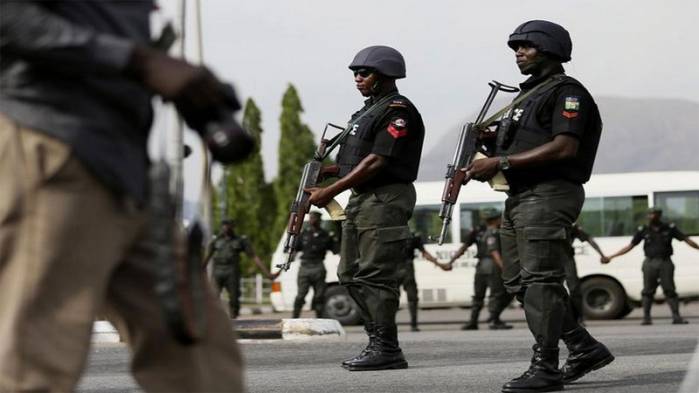No fewer than seven rice mills have been shot down in Thailand following the aggressive agricultural efforts to produce rice locally by Nigeria.
This was made known on Friday by the Minister of Agriculture, Chief Audu Ogbeh.
Thailand is one of the main sources of rice imported to Nigeria.
Speaking at a meeting of the Presidential Fertilizer Initiative (PFI) and leadership of the Fertiliser Producers and Suppliers of Nigeria (FEPSAN) held at the Presidential Villa, Abuja, Ogbeh said the figure was made known by Thailand’s ambassador to Nigeria.
He said the ambassador made the disclosure while lamenting that Nigeria’s government policy which had shot the door against inflow of rice to the country had
increased the unemployment rate in Thailand from 1.2 per cent to four per cent.
His words: “Just like two weeks ago, the ambassador of Thailand came to my office and said to me that we have really dealt with them.
“But I asked what did we do wrong and he said unemployment in Thailand was one of the lowest in the world, 1.2 per cent, it has gone up to four per cent because seven giant rice mills have shut down because Nigeria’s import has fallen by 95 per cent on rice alone.
Read also: 9mobile: How Teleology emerges preferred bidder
“So, Mr President we thank you for the support and we thank all the agencies and those of you in the private sector for your resilience.”
The minister, however, complained of the problem of smuggling of fake fertilizer and rice into the country.
He said some of the diplomatic measures employed to stem the tide had failed and there was the need for a stringent measure by the government.
Said he: “But one last request Mr President, we have to take one strong measure against our neighbour to the West. The smuggling is really compromising our capacity on our result.”
He added: “Too much rice, too much fake fertilizer still coming across the borders into this country in spite of the Memorandum of Understanding (MoU) we have with them; they are not listening.
“Maybe if the Federal Government takes one tough action, they will come and renegotiate the terms because good neighbourliness means reciprocity.
“We can’t be allowing them to survive at our own expense and I believe that we will do something about it.”












